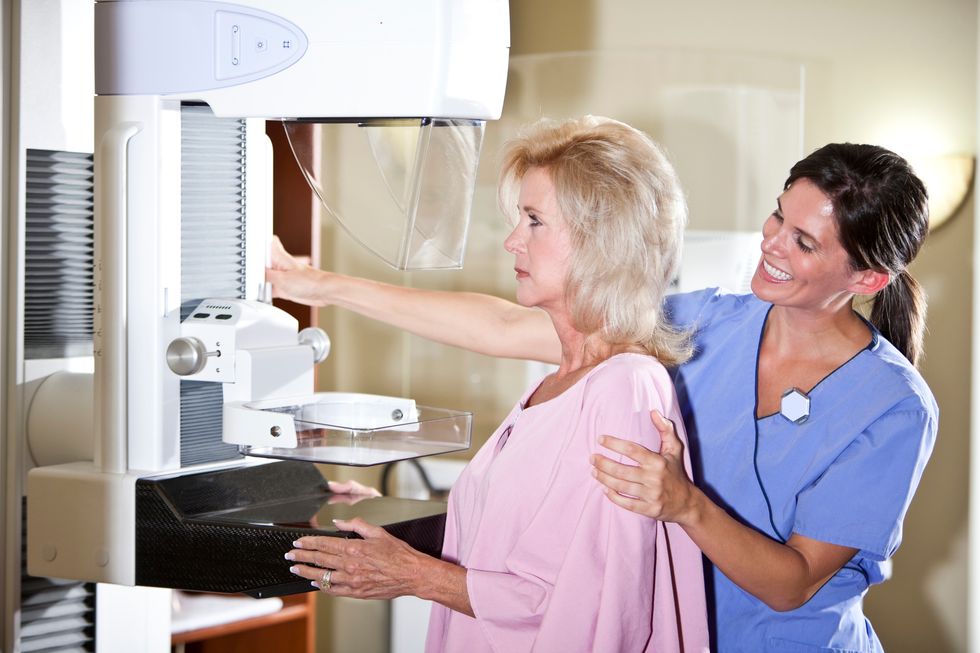Many health care providers wonder if women should continue having Pap smears and mammograms after age 65. A Pap smear, or Pap test, screens for precancerous or cancerous cells on the cervix, which can lead to cervical cancer. A mammogram can detect breast cancer.
It's important to note that guidelines are just that: guidelines based on data from large populations. They may not apply to every woman, especially to those who have unique circumstances. Let's face it—those women can be more challenging and more rewarding as we provide personalized, individualized care.
The current American Society for Colposcopy and Cervical Pathology (ASCCP) guidelines for Pap smears differ from those of the U.S. Preventive Services Task Force (USPSTF). That's why it's important for all women to discuss preventive health screenings with their health care provider.
The USPSTF guidelines recommend stopping Pap smears at age 65 if there have been adequate prior screens. However, the definition for "adequate prior screens" is not clear.
The ASCCP guidelines recommend that women stop Pap testing at age 65 only if there have been three consecutive negative Pap tests or two consecutive negative HPV tests, the most recent within five years. Its guidelines do not include women who have had any CIN 2 or worse within the last 20 years. (CIN 2 are moderately abnormal cells found on the surface of the cervix, usually caused by certain types of human papillomavirus. These cells are not cancerous but may become cancerous if left untreated.)
ASCCP also recommends stopping tests at age 65 after a hysterectomy for benign disease.
More than 40 percent of breast cancers are diagnosed in women over 65. Guidelines for mammograms from the American Cancer Society say that age alone should not be the reason to stop mammograms, provided the woman has no serious, chronic health problems.
The USPSTF states that women should have mammography very two years from age 50 through 74, and that for women 75 and older, the current evidence is insufficient to assess benefits and harms from over diagnosis and possible unnecessary procedures, biopsies and treatments.
This blog originally appeared on Nurse Barb's Daily Dose. Barb Dehn is a women's health nurse practitioner, award-winning author and nationally recognized health expert. She practices with Women Physicians in the Silicon Valley of California.






